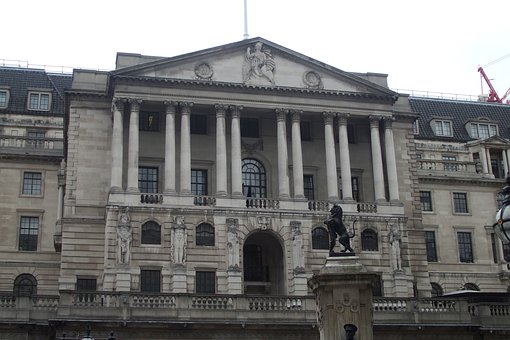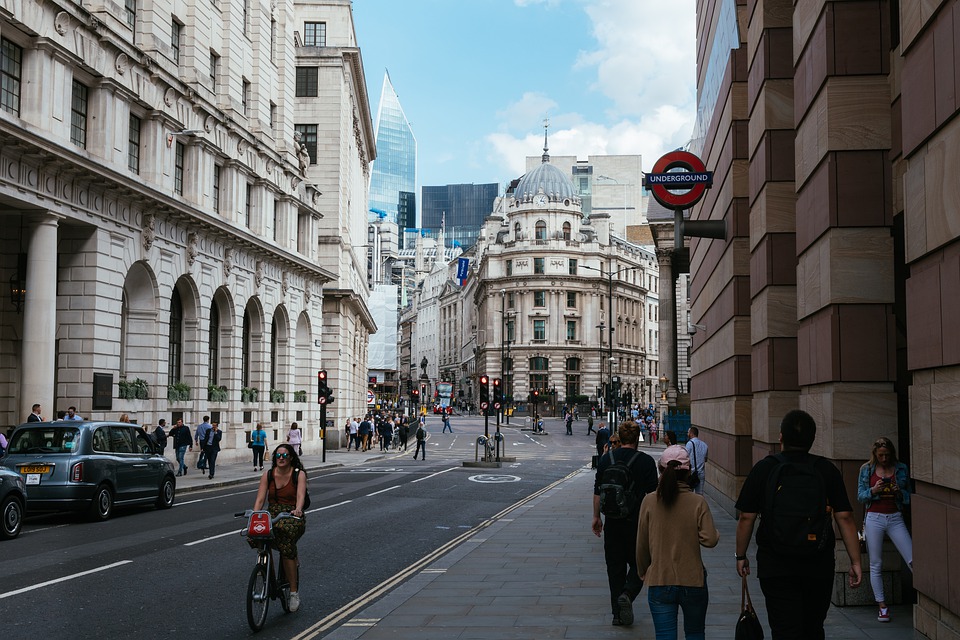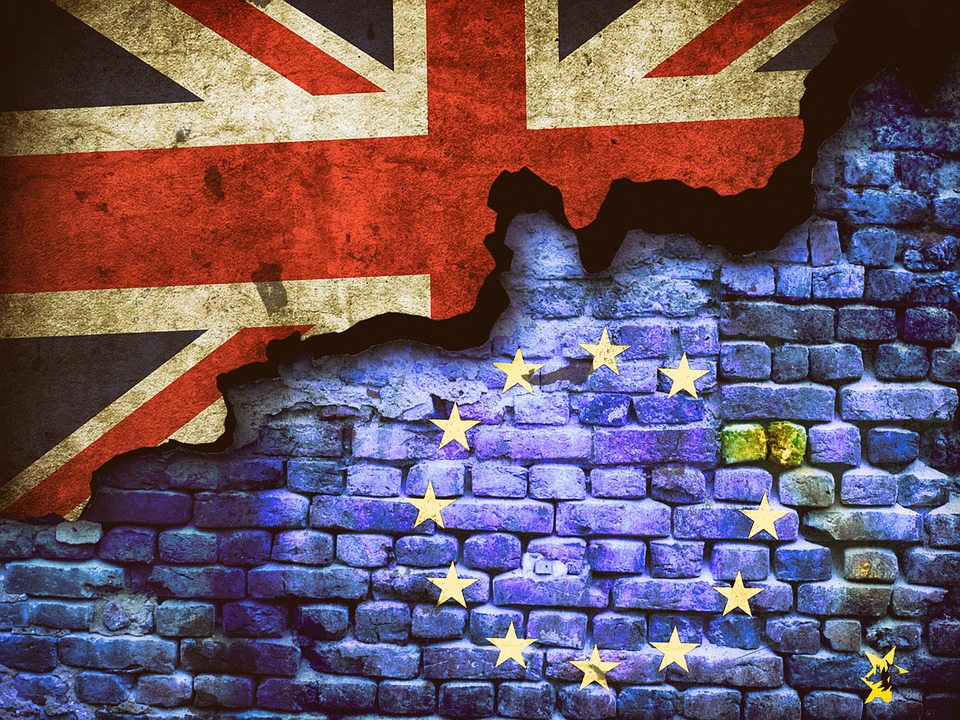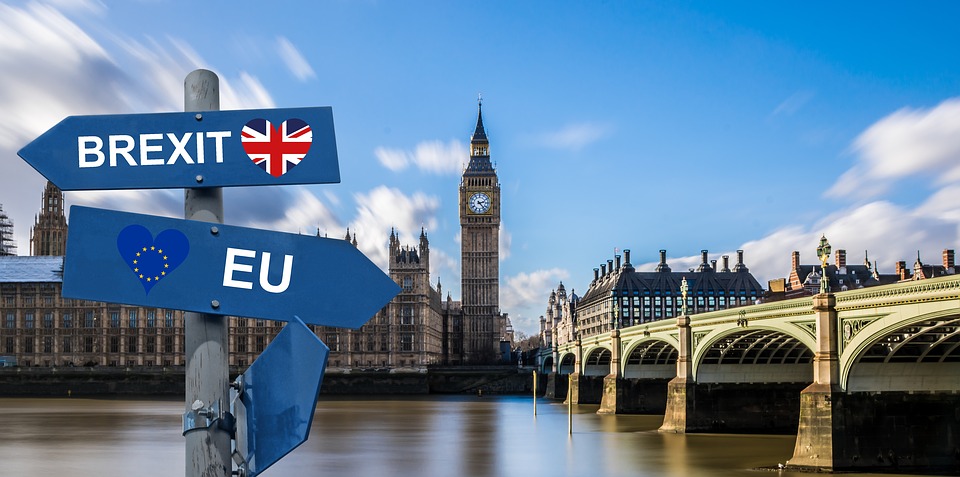Bank of England governor Mark Carney has said more public investment in infrastructure and higher corporate spending is needed to boost the UK’s struggling economy.
Speaking to the House of Lords’ economic committee, Carney also said he expects interest rates to remain low for the foreseeable future as structural factors such as weak productivity weigh on the UK and other economies around the world.
Carney said these ultra-low rates – the UK Bank rate is currently at 0.75 per cent – meant borrowing to spend was appropriate to boost the economy.
“The positive of a low interest rate environment is it does add fiscal capacity,” he said, “so debt servicing costs are expected to be low for a while.”
“This is an environment in which the right infrastructure, the right corporate investment projects make sense and will be necessary in order to ultimately get us out of this situation,” he said.
Carney’s intervention will cheer Prime Minister Boris Johnson, who today gave his official approval to the controversial High Speed 2 rail link and said he would appoint a minister to oversee the project.
Johnson told parliament: “You know this country is being held back by our inadequate infrastructure.”
Earlier today Christine Lagarde, Carney’s counterpart at the European Central Bank, also called on governments to get spending to boost the Eurozone economy.
Lagarde said: “Monetary policy cannot, and should not, be the only game in town.”
Carney’s appearance in front of the Lords committee was the last of his eight years at the helm of the BoE. He will hand over to former Financial Conduct Authority chief and Bank veteran Andrew Bailey on 16 March.
Carney also addressed the UK’s long-running productivity crisis, which has seen output per hour worked – a key driver of economic growth – effectively flat-line since 2008.
He said that in recent years productivity had been held back by low investment due to Brexit uncertainty, raising the prospect that it could recover somewhat in the coming years.
However, he said there are signs that productivity growth has settled at a significantly lower rate than its pre-crisis trend.
Carney said if this is true, “it’s a good time to pass on the reigns to my successor as the disinflationary pressures in this economy are even greater than we expected”.
His warning echoes comments by former BoE deputy governor Sir Charlie Bean who told City A.M. this week that wage stagnation caused by weak productivity could undermine belief in capitalism.
Offering the Lords some of his thoughts on the UK’s productivity slowdown, Carney said poor infrastructure was one cause.
He also said that “the skills gaps” in the country and “the cluster effects” of modern economies were important factors, by boosting some regions at the expense of others.
By Harry Robertson
Source: City AM






